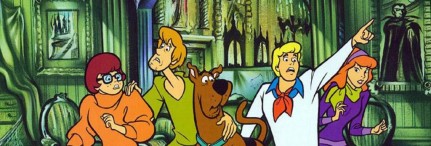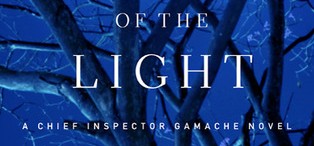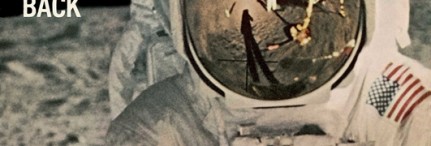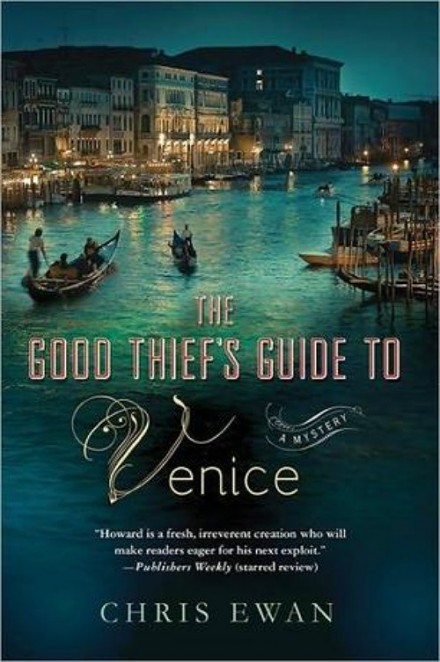 Today, I present Catriona McPherson, one very funny woman and a great writer to boot. Catriona is a recovering academic, now a full-time writer, recently transplanted from southern Scotland to northern California. Her Dandy Gilver novels (six and counting) are set in a slightly imaginary time and place, made up of 1920s Scotland and the golden age of detective fiction. Her latest book is DANDY GILVER AND THE PROPER TREATMENT OF BLOODSTAINS. Visit her online at www.dandygilver.com.
Today, I present Catriona McPherson, one very funny woman and a great writer to boot. Catriona is a recovering academic, now a full-time writer, recently transplanted from southern Scotland to northern California. Her Dandy Gilver novels (six and counting) are set in a slightly imaginary time and place, made up of 1920s Scotland and the golden age of detective fiction. Her latest book is DANDY GILVER AND THE PROPER TREATMENT OF BLOODSTAINS. Visit her online at www.dandygilver.com.
Q. Tell us about your book and what inspired you to write it.
THE PROPER TREATMENT OF BLOODSTAINS is the story I’ve been looking forward to as it came down the pipe towards me. I started writing about Dandy Gilver when she was in 1922 and I was in 2001. We were the same age then. Now, ten years later, she’s six years younger than me.
Anyway. The thing about 1926 was the general strike. Reparations to Germany/cheap coal/denationalisation — the trick is to do all the research but put as little as possible of the boring stuff in the book — all led to a walk-out by the coalminers and a huge supporting shutdown. For nine days, in May 1926, it looked possible, even likely, that Britain was going to see a workers’ revolt the like of which kicked off the Russian revolution. We know that didn’t happen , but I was excited at the thought of writing about characters who didn’t. Talk about tension.
Also, for once it wasn’t too bonkers to have a private detective solve a murder. During that nine days, anyone who stood still long enough got drafted in as a special constable to help the police. Dandy was one of them.
Q. Did you need to do any special research for the book? If so, what’s one of the most interesting facts you discovered?
Okay, so the other half of this story is that during the nine days of the strike, Dandy is undercover as a servant in an Edinburgh mansion house, trying (and failing) to prevent a murder. And it wasn’t so much that I had to do research as that I had to write the book to release all the research that I had done already. I do a lot of traipsing around stately homes, castles and palaces (and I have the cheek to call it a day’s work) but impressive as the state rooms are, it’s the domestic offices that fascinate me. Finally, in this book, I got to use all the treasure trove.
For example, did you know: That the staircase leading to the bedrooms of the male servants was wooden so the family wasn’t disturbed by their boots clonking on the steps, but the female staircase had a layer of slate on top so that the family would hear the boots of any men who tried to sneak up there?
Also, I discovered that although jam and honey were kept in the larder (U.S. pantry?) with the rest of the food, marmalade was kept in the cupboard which housed the boot polish and laundry soap. I’ve no idea why. I put this snippet in the book hoping someone would email me and tell me. Nothing so far, but I’ll put it in my FAQs if I ever find out.
Q. Many people are content to just be readers. How did you become a writer?
So many different ways to answer this question . . . I’ll choose the one that makes me sound like an idiot, I think. Right. I revered writers, envied them, imagined being one ‒ all that. I just had no idea how they did it. I also spent a lot of my life in the midst of day-dreams of unbelievable length and complexity, with settings, characters, scenes and dramatic twists. It took until I was 35 for me to realise that writing these down was how it was done. See? Moron.
Q. What do you like to do when you’re not writing?
Prepare to be amazed: I read a lot. I also garden. I used to garden pretty well in Galloway; now I garden very badly in California. I’m slowly turning my gardening vigilance from frost-protection to drought-proofing. But it’s a humbling experience to know nothing again. I love cooking (and the resultant eating) and so, because I’m vain, I run and cycle and swim. If I could grow a tapeworm, I’d happily never run again. It’s not about health: it’s all vanity.
Q. What are you reading right now?
Bugger. It’s never something obscure and impressive when you’re asked that question, is it? Makes me think of when I went for a sign-up visit to my new doctor in Galloway and he asked, “What did you eat yesterday?” I said, “Ahhhh, yesterday’s not a good example, as it happens.” He said “Exactly”. Clever man.
I’m reading Abraham Verghese’s CUTTING FOR STONE, which is perfect reading matter while I’m pounding out a first draft because I could no more write an epic about an Ethiopian/Indian surgeon than I could grow a watermelon (it turns out). So it doesn’t interfere.
There are some writers I daren’t look at while I’m writing a first drat — chipping it out of the ground without breaking bits off, as Stephen King puts it. PG Wodehouse is horribly infectious. So is Raymond Chandler. And it’s depressing to write a crime novel while reading one written by a genius, so Ruth Rendell is out.
Q. If you were stranded on that proverbial deserted island, what five books would you want to have with you?
Right, well, BBC Radio 4’s Desert Island Discs spots you Shakespeare and the Bible. I always thought I’d take another copy of one — Shakespeare, it’s longer — in an exotic, unstudied language. Then, falling back on my training as a linguist, I’d use the two texts to decode the new language and write a monograph. When the shipload of burly rescuers hove into view around the headland, I’d have a completed work to wow the world with. Well, to wow a few dozen grammarians with. This plan might need some work.
Seriously?
PRIDE AND PREJ
John Irving’s THE WATER METHOD MAN
SUNSET’S WESTERN GARDENS (and I’d be up to speed for my return)
Nancy Mitford’s THE PURSUIT OF LOVE
Are we allowed collected works? Dickens. For the length. I panic if I’m in a waiting room with nothing to read. I’d go nuts on an island.
Q. What’s your favorite movie?
What’s that you say? My favourite five movies? Okay 1) North by Northwest (except for the cheesy last shot) 2) Moonstruck (worst plot-envy of my life; it’s perfect) 3) Calamity Jane (I don’t care; I love her) 4) Mildred Pierce (the Joan one) 5) The Station Agent — this is a recent addition to my list of favourites, but I adore it.
Q. What’s your favorite food?
Leftovers. Especially leftover Christmas dinner. Specifically, very clear cold turkey gravy, set to a stiff jelly, chopped onto hot buttered toast made with home-made bread, for breakfast, on Boxing Day. Quite a lot of salt and insane amounts of black pepper. With a strong cup of Yorkshire tea with whole fat milk in a white cup. (Fussy, moi?)
Q. Cats or dogs?
Cats, cats, a thousand times cats. I’m always surprised that people happily admit to preferring dogs — “Yes, I like an animal who looks up to me with slavish devotion.” Although, now I think of it, American dogs don’t understand my accent so when I say their names they treat me as a cat would. I like it.
Q. Name one thing that people would be surprised to learn about you.
I dye my hair? Kidding. Ummmmm — there’s been a lot of accidental nudity. I met the art director of an important UK publishing house when I had no knickers on. And I once went to work without my skirt. On a third occasion, I wore this weird-shaped dress to a party that was easiest dealt with in the bathroom by taking it off and hanging it up on the door hook then putting it back on again afterwards. I forgot the last bit.







